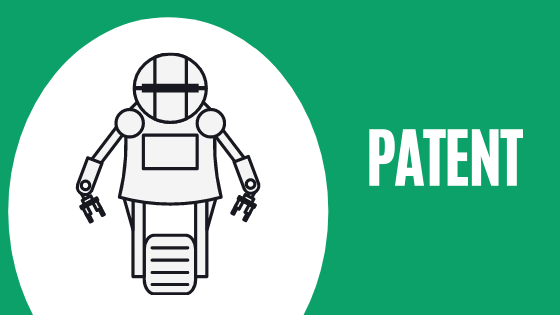A patent can be analogized to a bargain or agreement between the inventor and the government. In return for a limited-term exclusive right to exclude others from the technology defined in the patent Claims, the inventor agrees to disclose in the patent specification information about the new invention. The inventor discloses how to make and use the invention. Upon expiration of the patent term, the exclusive rights are relinquished and unenforceable. So the gist of a patent is that in return for exclusive rights, the inventor must give up the secrecy and fully disclose the details of the invention to the public.
One frequent question is why have a patent system? Well, the patent system encourages innovation and advances the sciences. Patents help reward inventorship, promote disclosure of inventions and seek to assure that ideas in the public domain remain there for the free use of the public. In other words, the inventor is provided with exclusive rights over a limited term and in exchange educates the public about the technology so that it may be practiced by all upon the end of the patent term, as you can read from https://celebmix.com/follow-in-the-footsteps-of-inventors-like-george-foreman-with-inventhelp/.
Now let’s turn to what is patentable subject matter. In other words, what can be patented? Okay here comes a favorite quote of mine, “anything under the sun made by man” (Diamond v. Chakrabarty).
Patent Searching
The first likely question is whether someone else has already patented the inventor’s idea or an invention. An American Inventor can explore patented technologies or perform a patent search on their own to reduce initial costs and to facilitate the Inventing process. A free search of U.S. Issued Patents and Published Patent Applications may be performed by anyone with internet access by visiting the USPTO website.

Although American patents and published patent applications may be searched for free at the United States Patent and Trademark Office (USPTO), an inventor may prefer to use a registered patent attorney. A registered U.S. patent attorney can assist American Inventors in the searching process by performing a supplemental patent search or by performing the entire patent search the myself after a brief review of the technology.
Patent attorneys frequently subscribe to databases more comprehensive than the USPTO database and have experience with different patent searching techniques and strategies. So the patent attorney may be able to perform a wider patent search. A registered patent attorney can frequently search issued American patents, published American patent applications and foreign or PCT patent applications and you can read more about it from https://fingerlakes1.com/2021/07/08/team-up-with-inventhelp-to-take-your-career-to-the-next-level/.
The cost of a patent search can vary. Some patent attorneys contract with technology specialists from foreign countries and can offer the service for a few hundred dollars. Large multinational law firms have high billing rates and can charge thousands of dollars. A small patent law firm will usually charge between about $700 to $2,000 depending on the complexity of the invention. A patent search typically includes a copy of the identified reference and a letter by a registered patent attorney.


